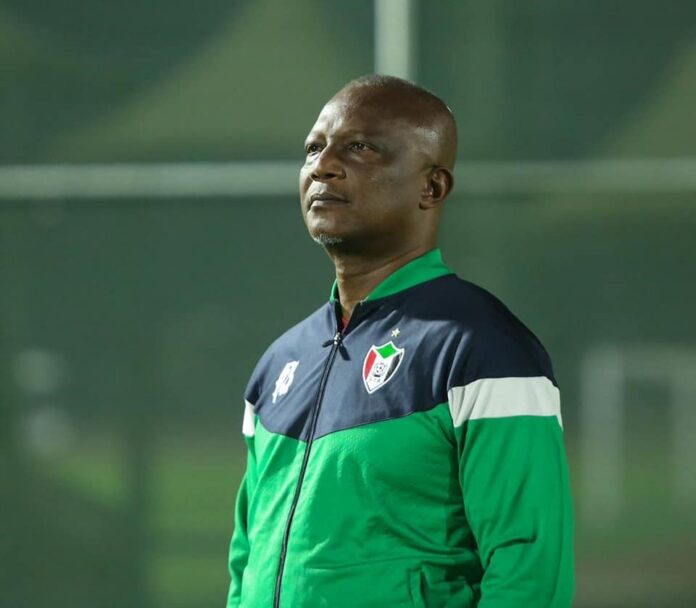Sudan forward, Abobaker Eisa has lauded the significant influence of Kwesi Appiah since he took over as head coach of the Falcons of Jediane.
Eisa’s remarks follow Sudan’s remarkable performance in the qualifiers for the 2025 Africa Cup of Nations (AFCON). Under Appiah’s guidance, the team achieved a 2-0 victory against Ghana in Libya, building on a goalless draw in the first leg at Accra Sports Stadium.
This victory is particularly significant as it comes 18 months into the civil war between Sudan’s army and the Rapid Support Forces (RSF) militia.
Despite the ongoing turmoil, Sudan is close to qualifying for the AFCON, needing just one point from their next two matches—a milestone they last reached in 2021.
Speaking to BBC Sport Newsday, Eisa highlighted the broader importance of these games amid the chaos: “With the things that are going on in Sudan right now, the civil war, we’re playing a much bigger game. People are in the streets to watch the games, and this is giving them a lot of joy amongst the chaos that’s been going on. It makes them feel proud.”
Since his appointment in September 2023, Appiah has achieved an impressive record of nine wins, five draws, and four losses in 18 matches.
Eisa emphasized the coach’s impact on the team, particularly in boosting the players’ confidence.
“He brings a lot of experience and he’s changed our mentality into thinking we could beat anyone,” he said.
“I think that’s the biggest difference that you’re seeing here with the Sudanese team. Everyone knows that he’s a legend in his country and what he’s done for his country. But he’s told us he believes that we could do something big together. We’re going step by step but it is coming to fruition now,” he added.
In the AFCON qualifiers, Sudan has secured seven points, with two wins and just one loss. If Appiah successfully leads the team to the 2026 World Cup, his status in Sudanese football could elevate to legendary status.
Currently, Sudan tops their World Cup qualifying group, having outperformed notable teams like Senegal, DR Congo, and Togo.
READ ALSO

